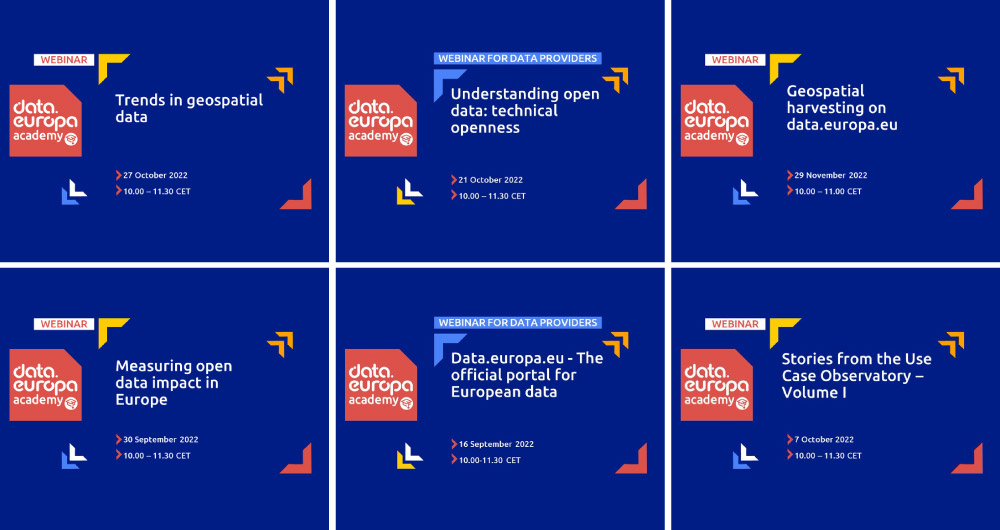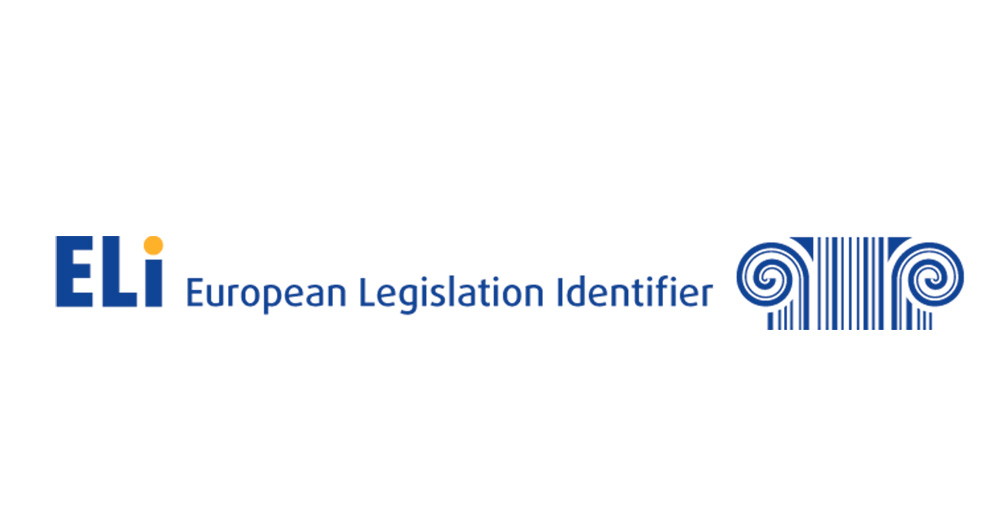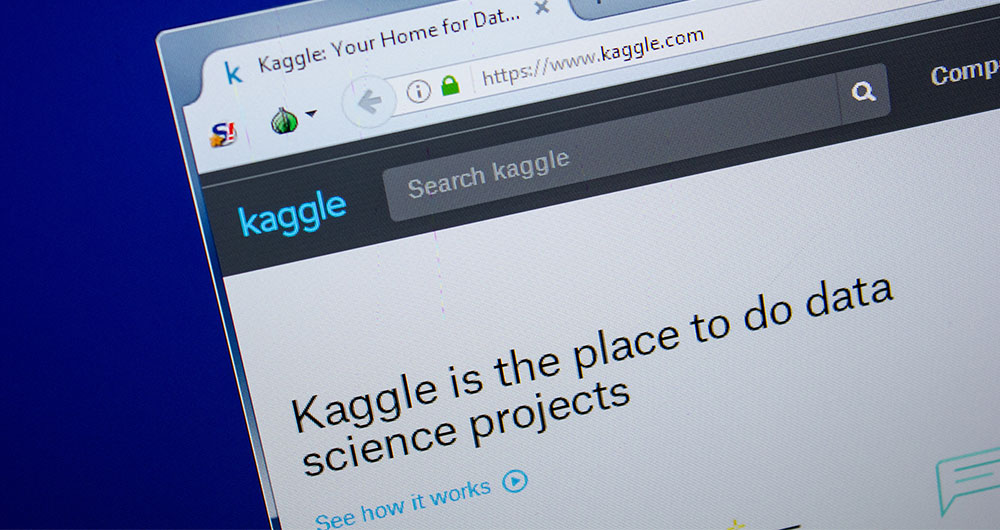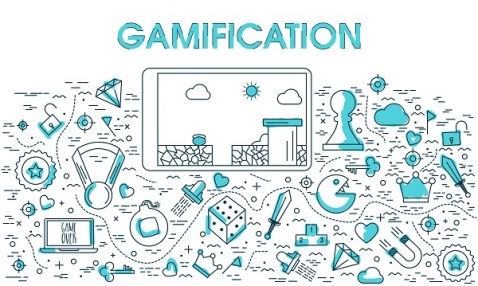9 posts found
How to measure carbon footprint using open data
The carbon footprint is a key indicator for understanding the environmental impact of our actions. It measures the amount of greenhouse gas emissions released into the atmosphere as a result of human activities, most notably the burning of fossil fuels such as oil, natural gas and coal. These gases,…
Accelerating the energy transition with open data
Aspects as relevant to our society as environmental sustainability, climate change mitigation or energy security have led to the energy transition taking on a very important role in the daily lives of nations, private and public organisations, and even in our daily lives as citizens of the world. Th…
From the legal perspective of open data to the importance of its re-use: 15 data.europa.eu webinars to broaden your knowledge
Over the past year, the academic section of data.europa.eu expanded its open data training offer by publishing new conferences, courses and workshops. Thus, data.europa.academy shared a total of 15 webinars related to open data, data spaces and other topics and technical issues around the data econo…
The benefits of open data in the agriculture and forestry sector: the case of Fruktia and Arbaria
As in other industries, digital transformation is helping to change the way the agriculture and forestry sector operates. Combining technologies such as geolocation or artificial intelligence and using open datasets to develop new precision tools is transforming agriculture into an increasingly tech…
European Legislation Identifier (ELI): an opportunity to boost interoperability and reuse of legal texts
Nowadays we can find a great deal of legislative information on the web. Countries, regions and municipalities make their regulatory and legal texts public through various spaces and official bulletins. The use of this information can be of great use in driving improvements in the sector: from facil…
Improving efficiency in the legal sector: LegalTech and data analytics
Digital transformation affects all sectors, from agriculture to tourism and education. Among its objectives is the optimization of processes, the improvement of the customer experience and even the promotion of new business models.
The legal sector is no exception, which is why in recent years…
Kaggle and other alternative platforms for learning data science
The profession of the data scientist is booming. According to him 2020 LinkedIn Emerging Jobs Report, the demand for data science specialists grew 46.8% compared to the previous year, being especially demanded in sectors such as banking, telecommunications or research. The report also indicates…
Examples of uncommon open data repositories
Beyond public administrations, libraries, museums and cultural foundations data, the interest in open data knows no borders. We invite you to discover it in this post.
Normally, the concept of open data is associated with those repositories managed by public administrations, foundations and cultural…
Play to be the best with data
Publicly competing with your colleagues to solve a complex problem based on data is an irresistible motivation for some people. Almost as tempting as gaining relevance in a field of expertise as exciting and lucrative as data science.
Public competitions to solve complex problems, whose raw material…








